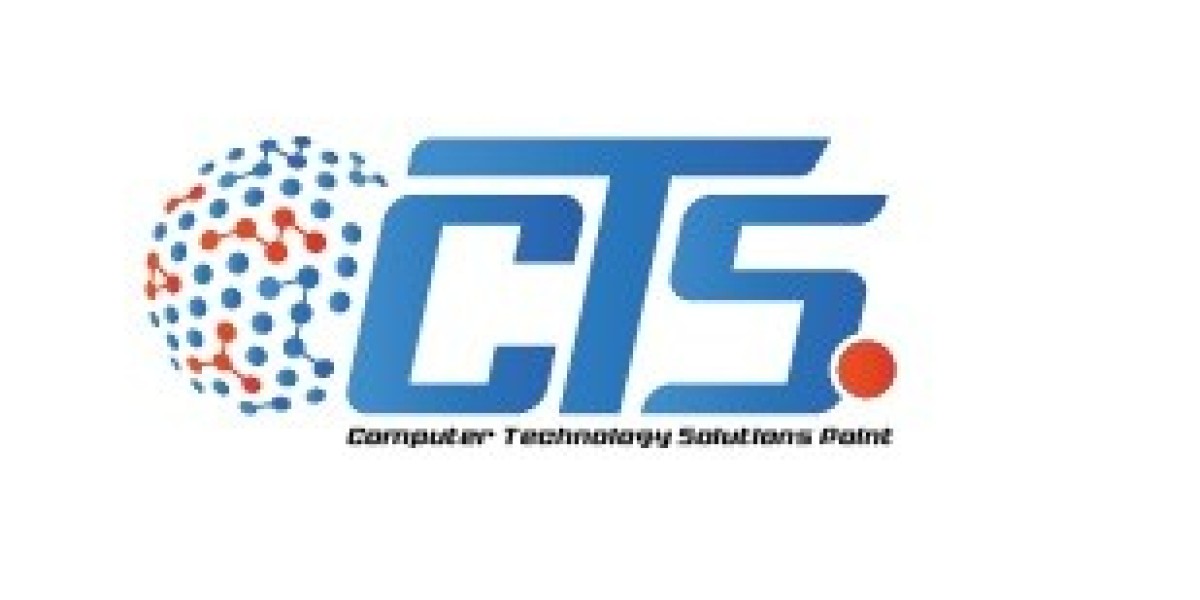Introduction
Power inverters are essential devices that convert direct current (DC) electricity, usually from sources like batteries or solar panels, into alternating current (AC) electricity. This conversion is necessary because most household appliances and electronic devices operate on AC power. Power inverters have become vital in homes, vehicles, and industries, offering flexibility and convenience during power outages or in off-grid scenarios.
How Power Inverters Work
Power inverters function by transforming the constant voltage of DC electricity into the oscillating voltage of AC electricity. This process involves electronic circuits and transformers to ensure the output matches standard household AC power requirements, typically 110-120 volts or 220-240 volts, depending on regional standards.
The primary components of a power inverter include the oscillator, which creates the alternating signal; a transformer that adjusts voltage levels; and a control circuit to regulate the output frequency and stability.
Types of Power Inverters
There are several types of power inverters, each suited for specific applications:
Pure Sine Wave Inverters: These provide a smooth and consistent AC output, mimicking the electricity supplied by utility grids. They are ideal for sensitive electronics like medical equipment and high-end appliances due to their stability and efficiency.
Modified Sine Wave Inverters: These are more cost-effective and generate a stepped approximation of a sine wave. While sufficient for most standard devices, they may not perform well with sensitive electronics or devices requiring precise power delivery.
Square Wave Inverters: An older and simpler design, square wave inverters are rarely used today because they lack compatibility with many modern appliances.
Applications of Power Inverters
Power inverters serve a variety of purposes across different settings. In households, they provide backup power during outages, ensuring essential devices like refrigerators, lights, and communication devices remain operational. In off-grid systems, inverters are crucial for converting energy from solar panels or wind turbines into usable electricity.
In vehicles, power inverters enable travelers to use standard AC appliances on the go, from charging laptops to powering small kitchen devices. Industries also rely on power inverters in larger systems, such as uninterrupted power supply (UPS) units, which safeguard against data loss and downtime during outages.
Benefits of Power Inverters
One of the primary benefits of power inverters is their ability to provide an immediate and portable source of electricity. They are especially valuable in areas with unreliable power grids or in outdoor activities like camping. Inverters also enhance the usability of renewable energy systems by making solar or wind energy compatible with standard appliances.
Modern power inverters are designed with efficiency in mind, offering features like overload protection and low-battery shutdown to prolong both the device and battery lifespan.
Conclusion
Power inverters have become indispensable in today’s energy-reliant world, offering a practical and versatile solution for converting DC to AC power. Whether for emergency backup, outdoor adventures, or integrating renewable energy systems, power inverters ensure a reliable and seamless energy supply for various applications.



